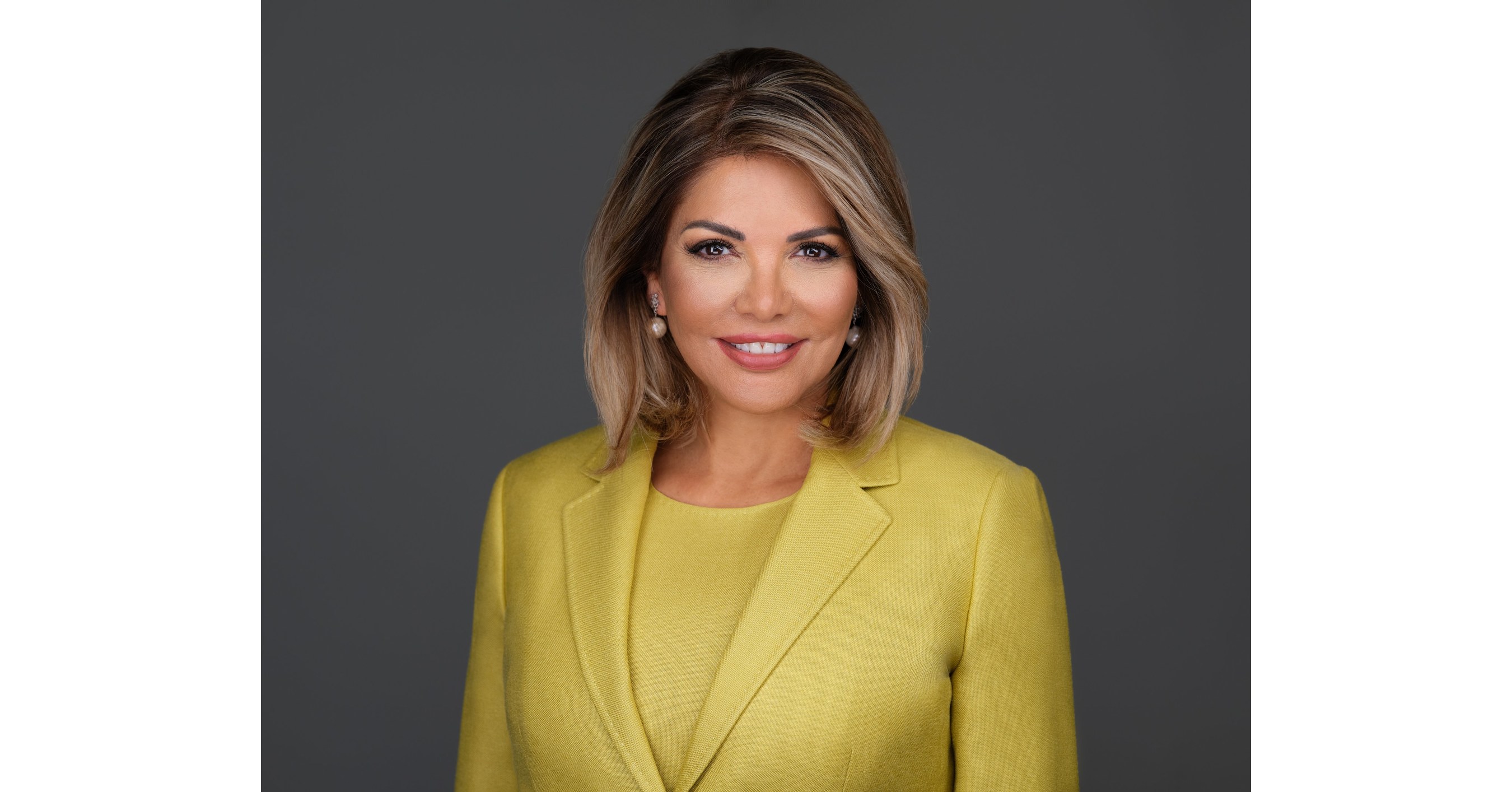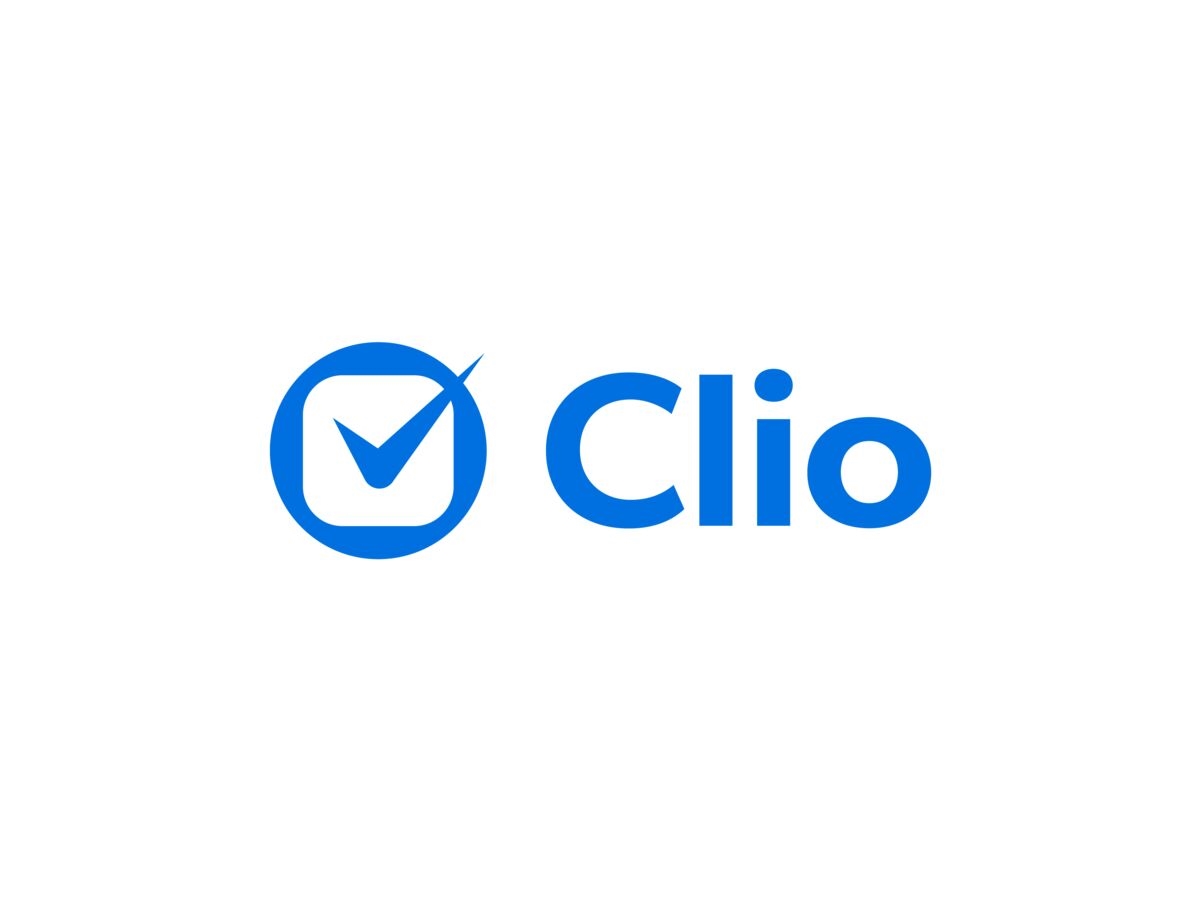High-powered law firm teams up with youth-led groups to end ‘tampon tax’

A coalition of menstrual health organizations is appealing a decision by the Texas Comptroller’s Office to dismiss its protest against the state sales tax, which they say does not unfairly and unconstitutionally exempt tampons, pads and other hygienic products.
If the dispute is not resolved at the administrative level, Meghan McElvy, a partner at Houston-based international law firm Baker Botts, said she plans to take the case all the way to the Texas Supreme Court if necessary. . The law firm is taking on the case pro bono on behalf of the Texas Menstrual Equity Coalition.
“It’s just sort of an obvious problem for me,” McElvy said. “(Male) libido enhancers are tax-exempt, but medically necessary products for women are not.”
The group, which includes a large number of youth-led advocacy organizations, requested a reconsideration hearing from the Comptroller’s Office. It comes after the agency denied its initial request for a refund of sales tax on tampons, pads and panty liners purchased by a Harris County woman.
The comptroller’s office declined to comment, citing state law that makes information about reimbursement claims confidential.
It’s just the latest effort in a nationwide movement that began in the 2010s to end the so-called ‘tampon tax’.
Currently, a slim majority, 26 states, tax menstrual products, while the rest do not, either because they have exempted them or because they are one of five states that do not charge sales tax, according to Period Law, an advocacy and legal organization.
Exempt states include Illinois, Maryland, Massachusetts, Minnesota, New Jersey, and Pennsylvania.
In Texas, state legislators have tried in recent years to pass bills on the issue without success. Rep. Donna Howard, D-Austin, who chairs the Texas Women’s Health Caucus, has introduced a bill in every session since 2017. In 2021, House Bill 321 rolled out of committee but never reached the floor of the House – the most progress such a bill has ever made.
Howard credited young women in high school and college, many of whom belong to groups that run donation drives to help low-income people access products, with moving the needle last year in showing up in Austin to testify on the bill. She said she hopes to build on their progress in the next legislative session.
“We know there are a large number of girls and women in Texas who don’t have enough money to afford these products,” she said. “(A sales tax exemption) won’t go far, but it’s a step in the right direction.”
Howard said most of the backlash in the Legislature has come from members concerned about the budget. The Comptroller’s Office estimated in 2021 that the bill would have cost the state about $42 million in lost revenue over the next two-year budget cycle.
“In the grand scheme of things, it’s a very small fiscal impact,” Howard said. “I keep coming back to the discriminatory part because at some point you make decisions because they are the right decisions to make.”
Zoe Kass, 18, co-founder of the Texas Menstrual Equity Coalition and advocacy director of Period Pact Houston, a youth-led organization working for menstrual equity, was one of the students who helped move the needle last year.
Kass said when she learned of other states’ efforts to end tampon taxes, she asked her father if he could know of any lawyers who would help the coalition solve the problem in Texas, free of charge. He asked around and, to his surprise, Baker Botts agreed to help.
“I was so excited because I was 17 at the time – you’re kind of used to people not taking you very seriously,” she said. “So it’s really nice to have people who really know what they’re doing and trust us.”
In the Coalition’s appeal to the Comptroller’s Office, its argument is twofold: First, the state’s tax code already exempts “wound care dressings,” defined as an item that “absorbs the drainage of wound, protects healing tissue, maintains a moist or dry wound environment (if applicable), or prevents bacterial contamination. Examples include gauze and adhesive bandages.
Menstrual products serve the same purpose and should fall into this category, the coalition argues. He adds that other products that are not traditionally considered “wound care dressings,” such as callus removers or callus pads, already qualify for an exemption.
Second, the coalition says the policy is unconstitutionally discriminatory because it denies equal treatment based on a person’s gender, noting that male-specific products like libido enhancers and prostate vitamins are exempt from tax. ‘tax.
Katherine Loughead, senior policy analyst at the Tax Foundation, a conservative-leaning think tank, said the phrase ‘tampon tax’ has confused some people who might mistakenly think it’s a tax. specific to a product, when in reality it is general sales tax. applied to menstrual products.
Lughead said exemptions of any kind cost taxpayers more in the long run, as governments have to raise sales tax rates to deal with these revenue losses.
There are other better solutions, she says.
“The most economically neutral approach would be to keep the sales tax as broad as possible, so that it applies to most final consumer goods and services,” she said, adding that governments can still help low-income women access menstrual products in other ways, such as through expenditure-based programs like rebates or subsidies.
McElvy said she doesn’t know if the Comptroller’s Office as an agency has considered this issue before.
“Maybe it’s something that’s been done this way for so long that they just never thought about it because no one has ever brought it up before,” she said. “So we certainly have a lot of hope that they take this opportunity to make it right.”



